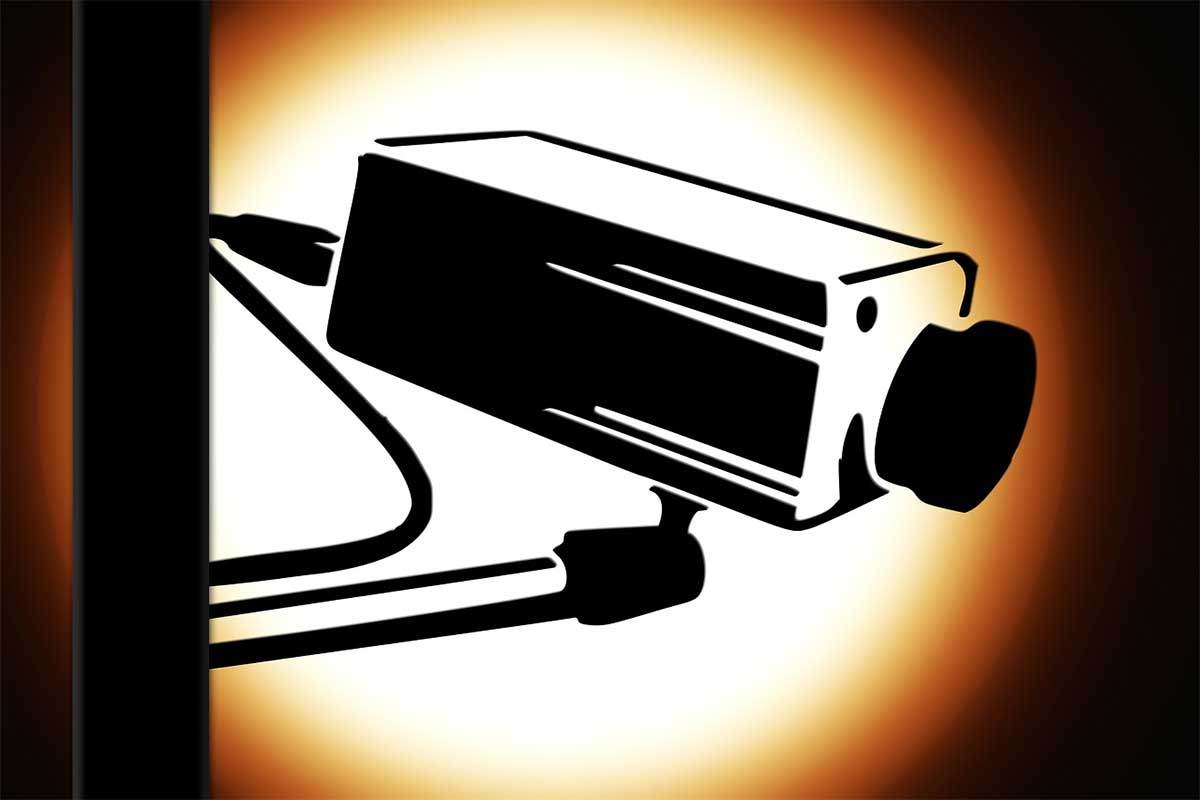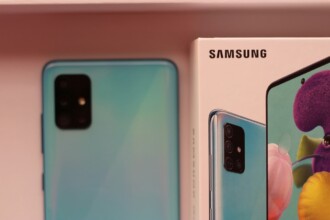When it comes to home security, night vision security cameras stand out as indispensable protectors because they offer unparalleled clarity at night. These advanced gadgets, endowed with the ability to see in the dark, play a vital part in keeping properties safe by illuminating otherwise unlit locations.

As watchful guardians, they can identify and document movements and actions that take place outside of the visible light of day. This feature makes it possible for homeowners to confidently monitor their properties at all times of day, which strengthens the security of their houses against any potential breaches and deters prospective invaders by increasing the monitoring coverage to around the clock.
Nonetheless, the positioning and orientation of a night vision security camera greatly affect its efficacy. Determining the best installation angles is essential for improving security measures since it not only increases the coverage area but also guarantees the sharpness of the footage that is acquired.
Let us examine five essential tactics for figuring out the ideal installation angles for your night vision security camera. It will improve your monitoring skills and peace of mind.
Overlooking entry and exit points
There should be continuous surveillance of the main entrance and exit points, such as gates and doors. You may keep an eye on anyone entering or leaving by setting up your camera to have an unhindered, clear view of these regions. For improved identification and monitoring of movements, an angle that records both the approach route and the door or gate offers a full picture.
Elevated angles for wider coverage
Installing cameras at higher angles covers a wider area. It improves the field of vision. This well-planned arrangement reduces blind spots and gives a general perspective of the area. A slightly slanted camera from a high position prevents tampering by keeping the camera out of reach and guarantees coverage of important regions.
Angling towards driveways and garages
Garages and driveways are important places to keep an eye on since they are frequent avenues of entry for burglars. Set up cameras to fully cover these areas, paying particular attention to views that show the entry, the driveway’s length, and the garage’s inside. This makes it possible to keep an eye on the cars and people that enter the property.
Perimeter surveillance
It is critical to fortify your property’s perimeter to catch intruders early. You can efficiently cover the limits with cameras placed at the corners of your property. By keeping your camera pointed outward, you may catch any approach to your property and take action before an intruder takes advantage of the opportunity to reply.
Lighting and environmental considerations
Night vision cameras work well in low light, but how they are positioned concerning outside light sources and other ambient elements like décor and trees can have an impact on how well they operate. To avoid glare, make sure cameras are positioned away from direct light sources. Adjust the angle to minimize any natural features that can impede the vision or cause false alerts.
To conclude
Installing the night vision security camera optimally is a complex procedure. You need to consider the layout of your property, any possible weak points, and the surrounding conditions into account. You may greatly increase your home security system’s efficacy by paying attention to these tips. In addition to serving as effective deterrents, these well-placed cameras also offer priceless video that may be used as identification or proof if it becomes necessary. Ultimately, the comfort that accompanies a vigilantly watched residence is priceless, rendering the exertion of figuring out the optimal seeing angles for your infrared security cameras well justified.









